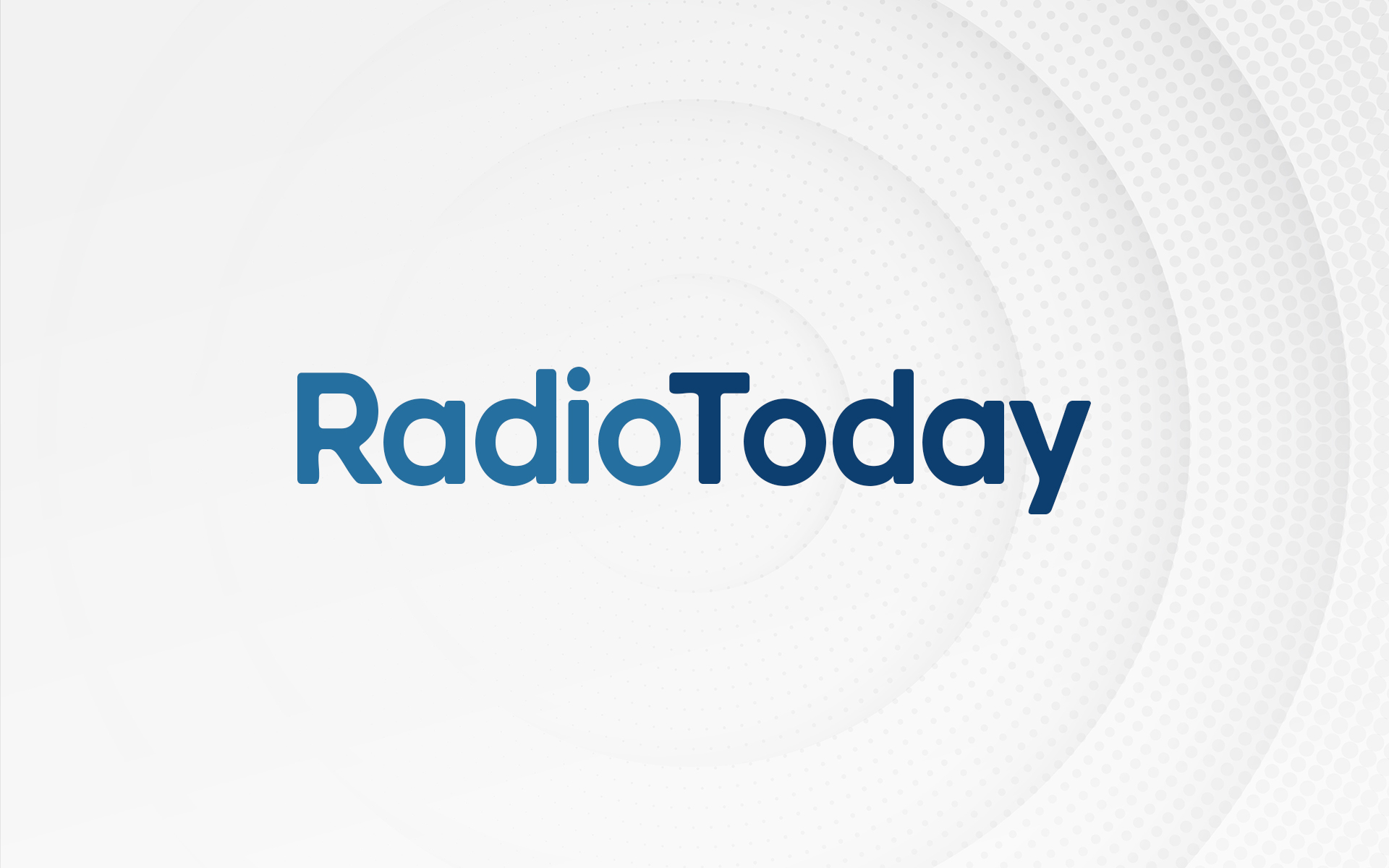
The commercial radio body RadioCentre has published its thoughts on the future of BBC Radio, suggesting 6 Music's content should be preserved in a re-shaped Radio 1.
The document also recommends the BBC should re-position Radio 1 and 2, invest heavily in DAB and change the way it cross-promotes radio programmes on TV.
Speaking for a large part of the commercial radio industry, RadioCentre says "We absolutely agree with supporters of 6 Music that its most distinctive and unique programming must be preserved. We share the passion that has been expressed by listeners who want to see the BBC continue to promote and champion niche and non-mainstream music, and broadcast specialist music programmes.
"We therefore propose that the most distinctive and unique programming of 6 Music should be retained and incorporated into the schedules of Radio 1 and Radio 2."
The report continues: "Radio 1 must reclaim its reputation as a station for young people, with a significantly greater focus on teenage listeners. Radio 2 should place much greater emphasis on serving the needs of older listeners, both in daytime music choice and the scheduling and content of programmes. The station’s target audience should be raised from 35+ to 40+ (and 45+ after three years)."
On the subject of digital radio, RadioCentre recommends the BBC should fund the build-out of the BBC’s national DAB multiplex to match FM coverage levels, within this licence fee settlement and that more content should be broadcast on a digital-only platform. A heavyweight promotion of the digital radio platform on the BBC’s network television stations and analogue radio services should take place, rather than the narrow promotion of specific BBC digital radio services.
In local radio, it is suggested that no further network programmes take place across local services, and that all music should be removed from daytime, with specialist music shows in the evening. A closer relationship with local community, hospital and student radio stations should also be developed.
RadioCentre also highlights how cross-promotion should promote programming which has particular public value such as A History of the World
in 100 Objects and not programmes which compete with commercial radio such as Radio 2 breakfast or the Radio 1 chart show.
Andrew Harrison, Chief Executive, RadioCentre, said: “The best of BBC Radio is among the finest in the world. However, BBC Radio also enjoys an
extremely privileged position, and it is right to consider how it should continue to play its part in securing a thriving radio sector for all. This is a unique opportunity to shape our industry for the digital age and one w e cannot afford to mi ss. I believe that our recommendations will deliver top-quality BBC output, and we urge the Trust to prove itself as the cheerleader for the listener.”
The report was produced by Value Partners, and commissioned by RadioCentre.


